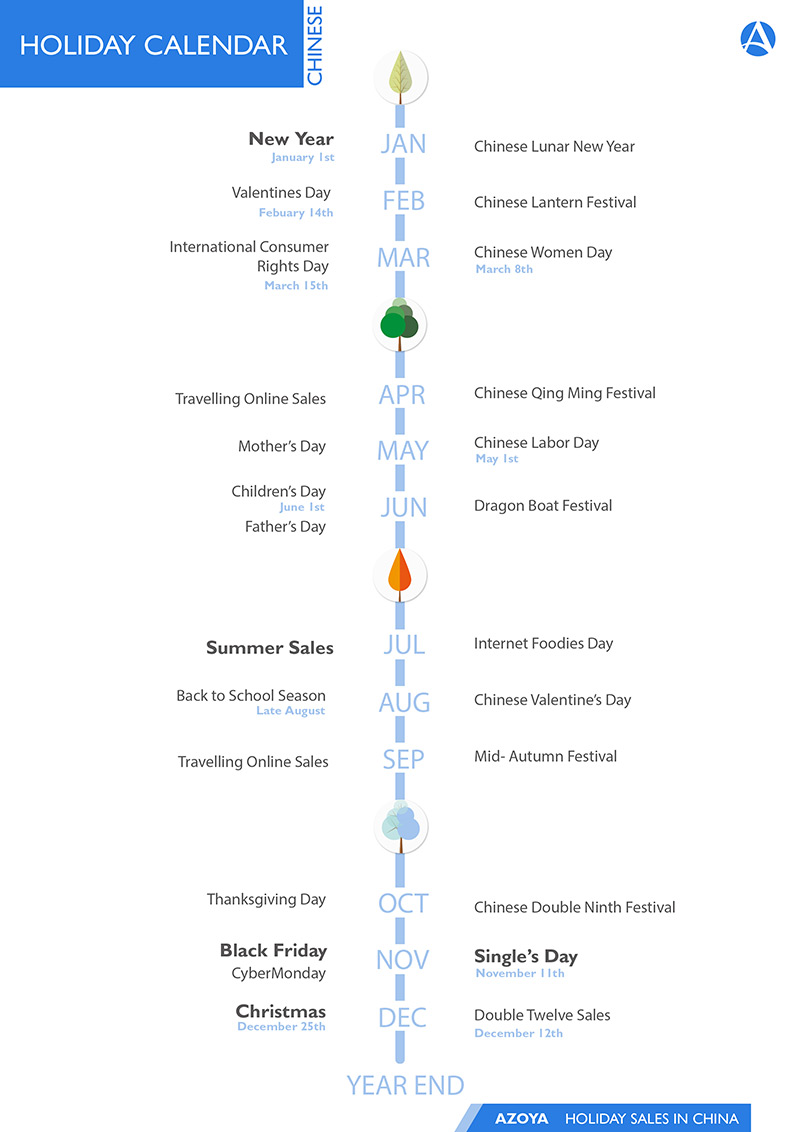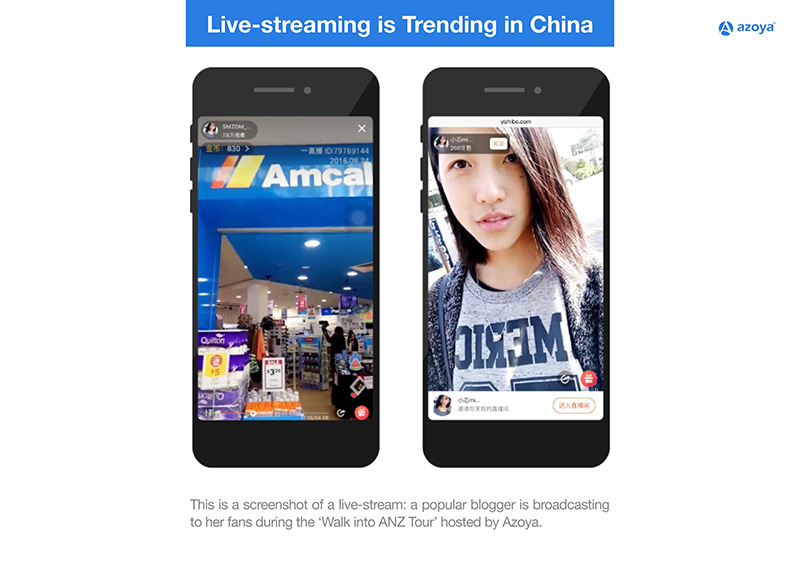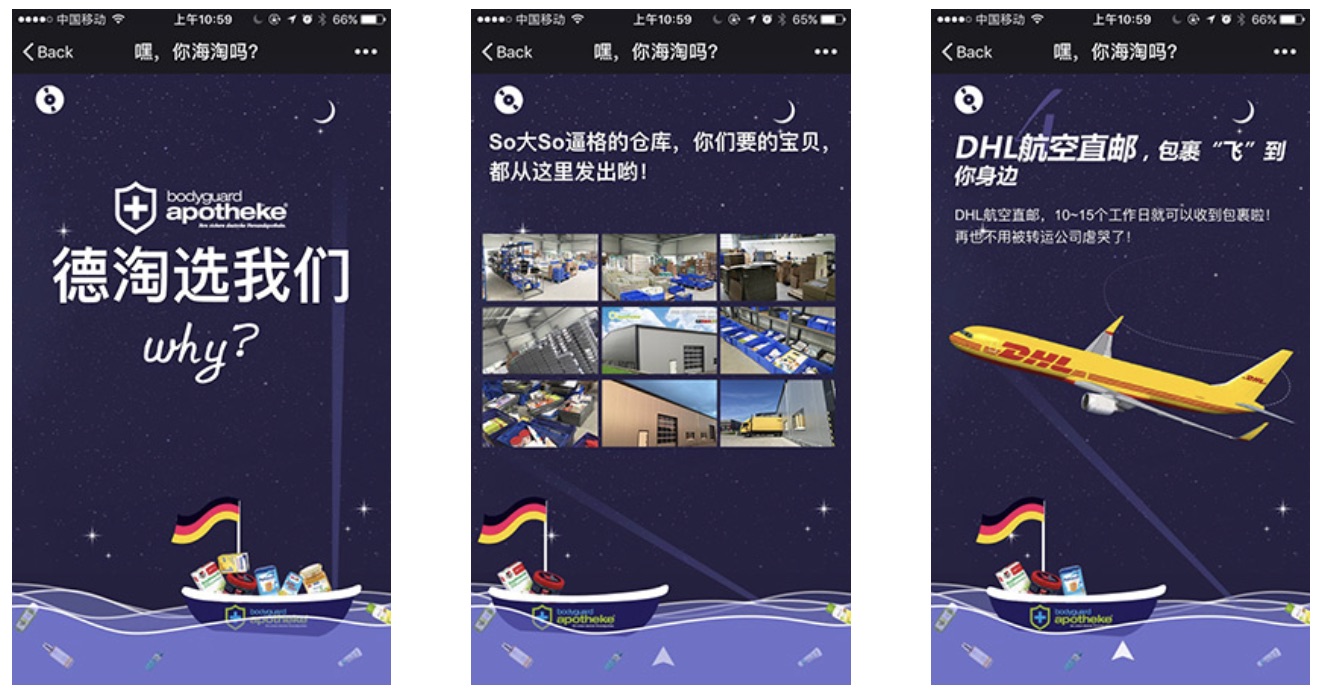What can UK online retailers learn from major sales events in China?
By cleverly orchestrating a string of headline-grabbing shopping holidays throughout the year, China is reinventing retail.
by Azoya

Feb 21, 2017, ecommerce Worldwide
Author: Don Zhao, Co-Founder, Azoya
By cleverly orchestrating a string of headline-grabbing shopping holidays throughout the year, China is reinventing retail.
Don Zhao, co-founder of Azoya, examines the reasons why Chinese consumers embrace these shopping frenzies so readily and offers five strategies that overseas retailers can use to gain and maintain the competitive edge.
China’s reputation as a nation that loves to shop was firmly secured on 11 November 2016 when Singles Day officially became the world’s largest shopping day with record-breaking sales of £14.3bn1. Further around the globe, this was closely followed by Black Friday on 26 November which saw US ecommerce sales of over £2bn2 – a historic high.
Singles Day is by no means the only time in the year when the Chinese like to spend – there are other major sales events in China to consider. We’ve just had Chinese New Year at the end of January – traditionally a time to gift money to friends and now also a hugely popular opportunity for bagging special offers – there’s also the Chinese Lantern Festival on 11 February, Valentine’s Day on 14 February, and on it goes.
The Chinese holiday sales frenzy has grown to such an extent that it is no longer merely a shopping carnival hosted by local brands and retailers, but a global business with year-round opportunities for UK brands.
Singles Day, Double 12 and 6.18 are still the top three eCommerce festivals in China, but foreign festivals such as Black Friday, Cyber Monday and Christmas have also become increasingly popular as online shopping footprints expand to foreign websites and overseas shopping events. Azoya recently ran a survey of Chinese consumers, where 62% of interviewees chose Black Friday as their favourite shopping holiday. According to iResearch3, Chinese shoppers are particularly interested in categories such as beauty and personal care, mother and baby products, clothes and shoes. Alipay reports that 75% of online shoppers in China are female.
These findings were reflected in the 2016 holiday sales results of Azoya’s partners. Overseas online pharmacies generally saw an increase of four to nine times their usual daily sales, while sales of shoes and clothes were 470% more than the daily average, an indication that this is a real growth area. Online cosmetics and personal care brands during Black Friday were ten times their daily average.
Meeting Demand
The rewards for overseas retailers that tap into the Chinese appetite for discounted authentic Western brands during these high-profile events are certainly enticing. However, it is becoming an increasingly competitive marketplace and retailers face numerous challenges, including expensive advertising costs, logistic pressures and fickle tastes. To be successful, retailers need to plan ahead and have a thorough understanding of the Chinese ecommerce industry.
Based on our own experience of working with overseas retailers, together with a native understanding of how the Chinese tick, here are five key steps for successful holiday selling.
1. Establish yourself as a standalone retailer
Despite Alibaba’s undeniable dominance of the ecommerce market, retailers increasingly prefer to take control of their operations in China. By doing so, they do not have to compete for marketplace traffic during the holiday season and can establish their own, distinctive, online presence.
2. Plan Ahead
Existing customers tend to contribute the most to holiday sales. Build up loyalty by investing in brand building over a 12-month period in order to acquire customers, retain them and incentivise them to return.
3. Utilise social media and emerging marketing channels
The reality is that ecommerce giants will dominate the main promotion channels such as TV and web advertising in the run-up to key shopping holidays. Prices rise over this period too, plus it will be harder to get your voice heard above the din.
Retailers can achieve better results from social media channels during major sales events in China. WeChat is undoubtedly the most effective online tool in a retailer’s armoury, providing a large number of integrated functions for businesses, including social media, SMS channels and push notifications. WeChat reached 818 million monthly users in September 2016, growing by a third year on year according to QuestMobile, and shoppers are proven to be even more active on social media during shopping holidays. For example, Bodyguard Apotheke, a German online pharmacist recorded a combined 180% growth in fans for its WeChat account on Black Friday and Singles Day, while 5,000 people claimed coupons from a mini-game over both days.
4. Be Creative
Consumers want to be entertained as well as educated, so add live videos, virtual reality content, music, graphics and mini-games to make campaigns fun and interactive. And don’t ignore the important role of KOLs (Key Opinion Leaders), who can provide a direct link to your target audiences. Create engaging campaigns and you will be rewarded with wide shares across social media, extending your reach even further.

5. Deliver
Predictive analysis and co-operation with third-party supply chain management specialists will help accommodate booming holiday demands and greatly reduce the risk of inadequate stock volume and delayed shipment.
To protect consumer rights, the Chinese government has launched new measures to regulate online businesses. By incorporating the most recent policy changes into holiday planning, companies will ensure trading compliance and enhance customer confidence.

The above campaign from Bodyguard Apotheke introduces brand stories and fulfilmnent systems to Chinese consumers, with music and pictures.
So long as Chinese consumers remain keen to explore overseas brands and bag a bargain, the appetite for special days devoted to discounted shopping looks set to increase. Singles Day only began in 2009 and has since sparked an online shopping revolution in China. UK retailers should embrace and plan for global events not as one-offs, but a core part of their offering throughout the year.